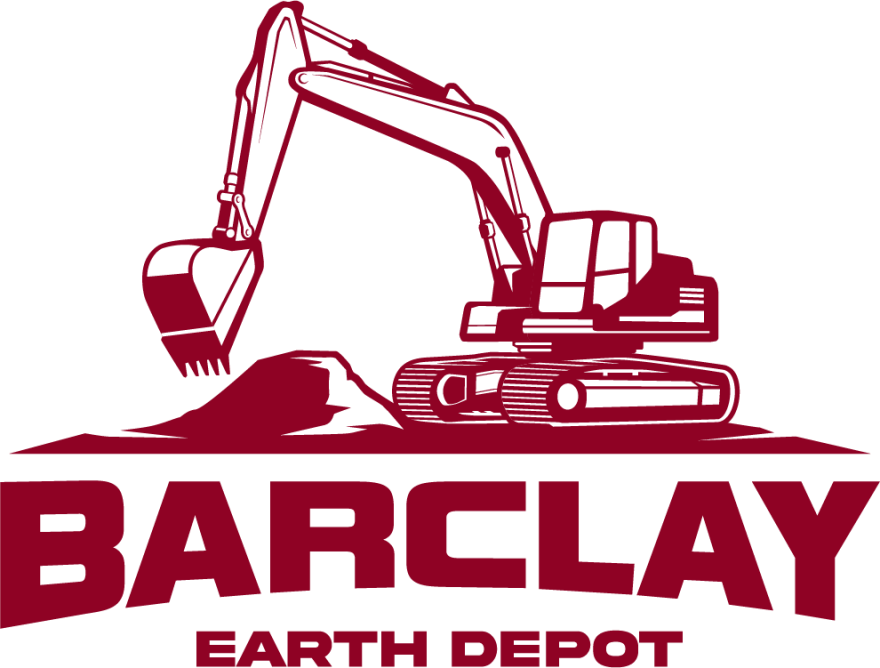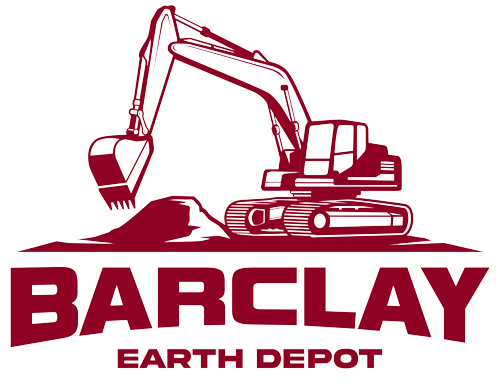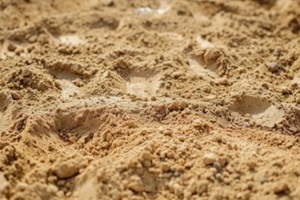 Construction projects rely heavily on concrete and mortar for foundational structures and finishing work. The quality and durability of these fundamental building materials depend significantly on the type of sand used. Not all sand is created equal for concrete and mortar mixing. Choosing the optimal sand aggregate can strengthen concrete, prevent cracks, and improve workability.
Construction projects rely heavily on concrete and mortar for foundational structures and finishing work. The quality and durability of these fundamental building materials depend significantly on the type of sand used. Not all sand is created equal for concrete and mortar mixing. Choosing the optimal sand aggregate can strengthen concrete, prevent cracks, and improve workability.
This guide covers the role of sand in cement mixtures, the different types of construction sands, and what to look for when selecting sand for durability. With the right knowledge, you can source the proper sand for your project’s needs.
The Importance of Sand in Cement and Concrete
Sand is a major component of both concrete and mortar. It makes up 30-45% of a typical concrete mix by volume. Sand particles act as a filler between cement and coarse aggregates. When mixed with water and cement, the surface area of sand particles provides the grip to form a strong binding paste that gains strength over time through a chemical process called hydration.
In addition to its role as a filler, sand improves concrete workability and durability. The shape, size, texture, and grading of sand particles influence the mixing, placing, and finishability of fresh concrete. After the concrete hardens, the sand continues interacting with the cement paste in ways that enhance or reduce overall strength and performance.
Common Types of Sand for Construction and Mixing
Recognizing the different types of construction sands allows for the selection of the best material for the job. Here are five of the most common varieties used in cement and concrete applications:
- Concrete sand: Concrete sand refers to coarse sand grains up to 4.75 mm. It compacts well and creates a strong base. The angular shape and rough texture allow the particles to interlock, providing extra strength.
- Mason sand: Fine textured masonry sand has increased workability. The maximum grain size is around 2.5 mm. When mixed with cement and lime, it produces a smooth and consistent mortar for brick and block construction.
- Pipe sand: A fine sand with rounded grains, pipe sand easily fills small cavities and creates smooth finishes for underground infrastructure. Workers also use it as backfill sand to support buried pipes.
- Utility sand: With better compaction and drainage than concrete sand, utility sand makes an exceptional base or fill material. It is also known as fill sand, bank run sand, and multi-purpose sand.
- Plastering sand: Mostly containing grains up to 2 mm, plastering sand mixes well with cement and lime to form rendering and plaster finishes for walls and ceilings.
While natural sands sourced from pits and quarries were once the only option, manufactured sand now makes up the majority of construction sand. Specialized processing plants can engineer sand grains to meet exact specifications by crushing stone, recycled concrete, and other materials. The customization possibilities make manufactured sand well-suited to the strict requirements of modern concrete.
Sand Qualities That Promote Durable Concrete
With copious sand choices available, focus on options delivering the characteristics most likely to produce strong, resilient concrete:
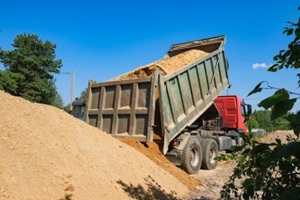 Grading: The overall particle size distribution, known as sand grading, dramatically impacts performance. The ideal grading allows sand grains to pack tightly while providing adequate space for the binding paste to fill voids. Well-graded sand makes workable concrete.
Grading: The overall particle size distribution, known as sand grading, dramatically impacts performance. The ideal grading allows sand grains to pack tightly while providing adequate space for the binding paste to fill voids. Well-graded sand makes workable concrete.- Shape: Rounded or angular? Smooth or rough? The optimal sand grain shape depends on factors such as binding material, but angular grains typically make stronger concrete. The irregular shape and texture help the particles interlock, reducing segregation problems.
- Hardness: Harder minerals resist abrasion within the concrete during placement and curing, maintaining strength instead of breaking down over time. Look for sand from crushed granite, quartzite, limestone, dolomite, or manufactured from iron slag.
- Purity: Clay, loam, dirt, and organic impurities compromise the quality of concrete. The highest-performing sands contain a large percentage of silicon dioxide and minimal deleterious particles. Washing sand helps remove impurities.
- Moisture: Uniformly damp sand leads to consistent concrete, while too much moisture causes segregation and weakness. Stockpile sand to allow drainage and check for moisture content before batching concrete.
With manufactured sand, you can precisely control these essential characteristics during production. Custom-engineered for local concrete materials, high-quality manufactured sand often outperforms natural alternatives.
Tips for Choosing Durable Construction Sand
Follow these simple tips for finding and selecting the right sand for durable concrete and mortar on your projects:
- Consult testing: Ask to review testing data and certifications to confirm that the sand meets specifications for grading, purity, particle shape, and other parameters impacting performance.
- Request samples: Test different sands with the cement and aggregates you plan to use. Assess workability, finishability, setting time, and compression.
- Inspect stockpiles: Check sand appearance for color consistency. Observe coning, drainage, and the absence of any muddy or segregated areas indicating contamination.
- Discuss sourcing: Local geology impacts sand properties. It’s important to know if the sand is natural or manufactured. Also, consider how the available supply has changed recently in your region.
- Compare options: With both natural and manufactured sands to choose from, compare costs, testing data availability, lead times, and production capabilities to aid your decision-making.
Choosing durable construction sand equates to choosing strong, resilient concrete. Take time to understand the sand component before finalizing your mix design. Samples, tests, and asking questions will help identify issues early. If needed, manufactured sand can provide a controlled alternative to natural variability in local sand performance.
Turn to Barclay Earth Depot for the Ultimate Sand Expertise
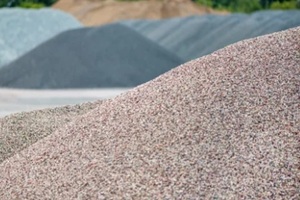 Completing building and landscaping projects on time and within budget requires attention to small but important material choices. Selecting suitable construction sand has a huge impact on the ultimate durability and longevity of concrete. With so many varieties and quality levels of sand available, finding the best local option can prove challenging.
Completing building and landscaping projects on time and within budget requires attention to small but important material choices. Selecting suitable construction sand has a huge impact on the ultimate durability and longevity of concrete. With so many varieties and quality levels of sand available, finding the best local option can prove challenging.
Barclay Earth Depot offers reliable guidance on sand selection. It supplies some of the most high-performing aggregates in the area. Contact us today at (941) WE-DIG-IT or online and let our team provide the personalized assistance you need to take the guesswork out of sand supply that will result in stronger, longer-lasting concrete.
